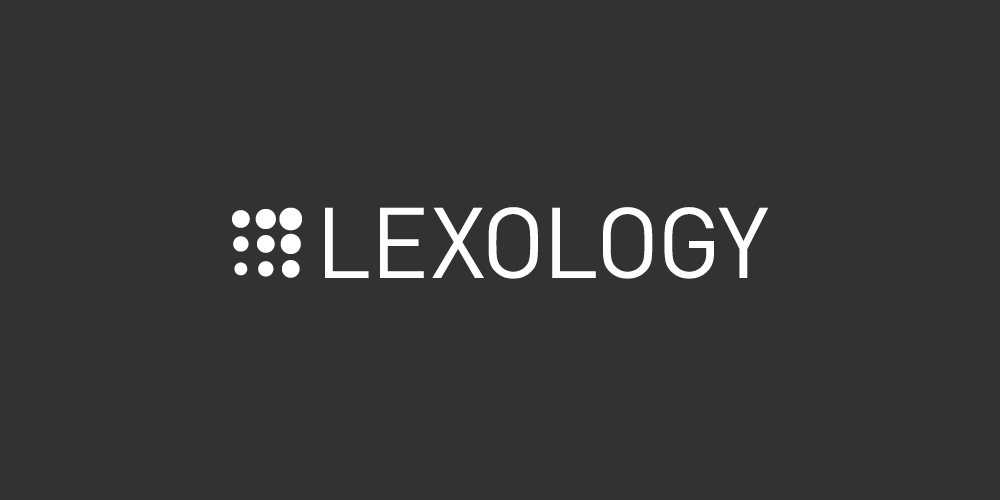NFTs and the Metaverse at the UKIPO and EUIPO

The UKIPO and EUIPO have provided helpful clarificatory guidance on how to classify non-fungible tokens (NFTs) and virtual goods and services provided in the metaverse for UK and EU trade mark applications, effective immediately.
NFTs
An NFT is a digital identifier used to certify the authenticity and ownership of unique digital objects, art, or media. This identifier is, by its very nature, linked to its underlying asset. For that reason, the UKIPO’s guidance states that an NFT will need to be classified with reference to that asset; the term NFT alone will not be accepted, on the basis that it is too vague.
The UKIPO has provided helpful examples of terms that will be accepted in Class 9:
Digital art authenticated by non-fungible tokens [NFTs]
Downloadable graphics authenticated by non-fungible tokens [NFTs]
Further, the UKIPO notes that NFTs may also authenticate physical goods or relate to retail services. In that case, the appropriate class is the one in which the equivalent product or service would ordinarily fall, for example:
Artwork, authenticated by non-fungible tokens [NFTs] [Class 16]
Handbags, authenticated by non-fungible tokens [NFTs] [Class 18]
Retail services connected with the sale of [e.g. virtual clothing, digital art, audio files] authenticated by non-fungible tokens [NFTs] [Class 35]
While the EUIPO’s equivalent update is not as detailed, it states that the term NFT alone will not be accepted within EU trade mark applications. The type of good or digital item authenticated must be specified.
Virtual goods
Given that virtual goods consist of digital images saved as data, they are classified in Class 9 of the Nice Classification. However, ‘virtual goods’ per se will be deemed too vague for classification (in the same way that ‘goods’ per se would be) and will need to be clearly defined, for example:
Downloadable virtual clothing, footwear, or headgear
Downloadable virtual handbags
Similarly, the EUIPO has said that virtual goods are proper to Class 9 but need to be accurately specified, e.g. ‘downloadable virtual goods, namely, virtual clothing’. Services relating to both NFTs and virtual goods will be classified in line with the established practice relating to those services.
Virtual services
There has been a shift in many services being provided online, including video-conferencing and teaching. Given that services are not themselves tangible, it is perhaps not surprising that the UKIPO’s guidance stipulates that if a service is capable of being provided virtually, they will continue to accept such services in the same class as the traditional service, for example:
Education and training services delivered by virtual means [Class 41]
Conducting interactive virtual auctions [Class 35]
Finally, the UKIPO confirms that any services provided in the metaverse (which is a digital, interactive reality) will likely (but not always) also be classified in the same class as the traditional service, listing the following as acceptable terms:
Education and training services provided via the metaverse [Class 41]
Conducting interactive auctions via the metaverse [Class 35]
See the full UKIPO’s Practice Amendment Notice 2/23
Source link
#NFTs #Metaverse #UKIPO #EUIPO






